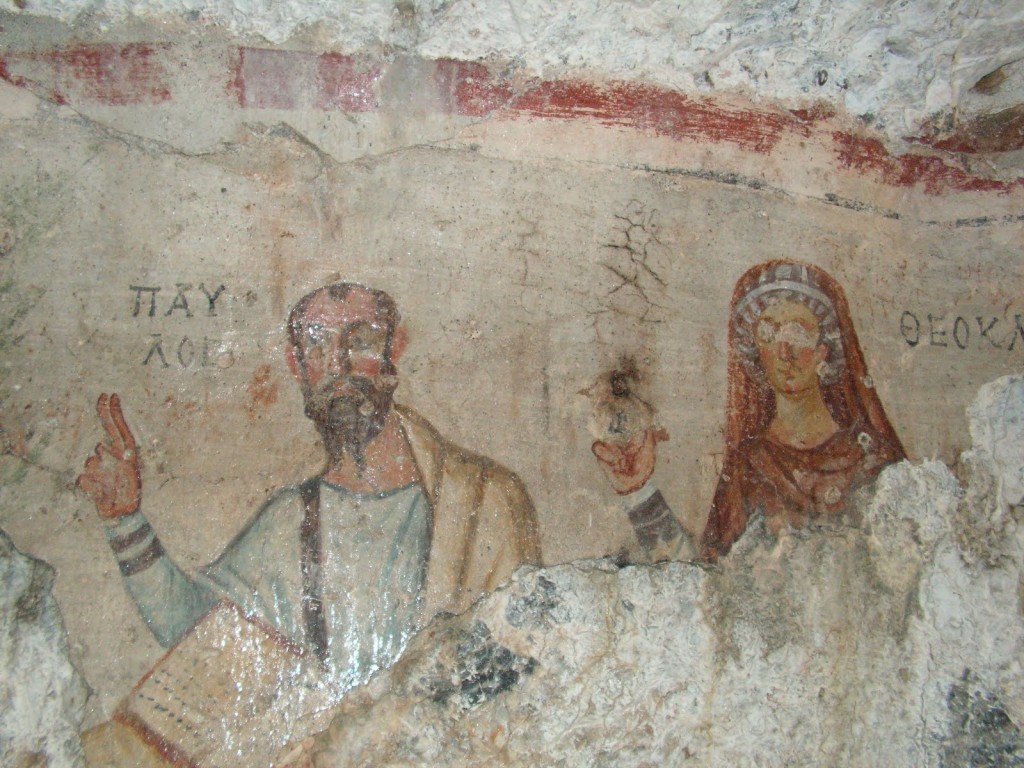While it might seem counter-intuitive to many ministers today, Paul gives thanks in numerous of his letters for the very persons and things that often caused him apoplexy. A good example of this can be seen in 1 Corinthians 1 where Paul not only thanks God the for Corinthians, but thanks God for their various spiritual gifts, the exercising of which was causing all sorts of chaos in Corinth (see e.g. 1 Cor. 11-14). Was Paul being disingenuous? No, not really, but what he was doing was following normal rhetorical conventions.
What I mean by this is that while Paul’s discourses certainly have letter features at their very beginning and very end, almost everything else in these documents is shaped by rhetorical conventions, and that includes the Thanksgiving prayers. They are part of the exordium, or the attempt to establish rapport with the audience. My students like to call this the sucking-up part of the discourse. In order to make the audience well disposed towards the medicine Paul will be administering later in 1 Corinthians, here Paul praises the very things the Corinthians are so enamored with— their spiritual gifts. While Paul certainly values these gifts, he also wants them exercised in mature Christian ways. Once the audience is well disposed to the speaker and recognizes his authority to address and indeed to exhort them, then Paul can proceed with his thesis statement (1 Cor. 1.10) and then with a series of arguments meant to produce concord and harmony and even unity amongst the factious and fractured house churches in Corinth.
Typically at American Thanksgivings we thank God for our various blessings and for our country, but I wonder if we remember to thank God for the things that have challenged us in our lives, for the people who we have tended to see as problems, when they were really possibilities, for the situations which while difficult have given us the most opportunities to grow? Paul had a way of looking at adversity and seeing opportunity. Perhaps on this day above all days we should rethink what we tend to be thankful for. Maybe we should be praying not for a task equal to our power, but for power equal to our tasks. Maybe we should be praying for courage and strength not for an easy life. Maybe instead of asking God why when something big and daunting comes along, we should say — why not? Think on these things and have a wonderful Thanksgiving.













